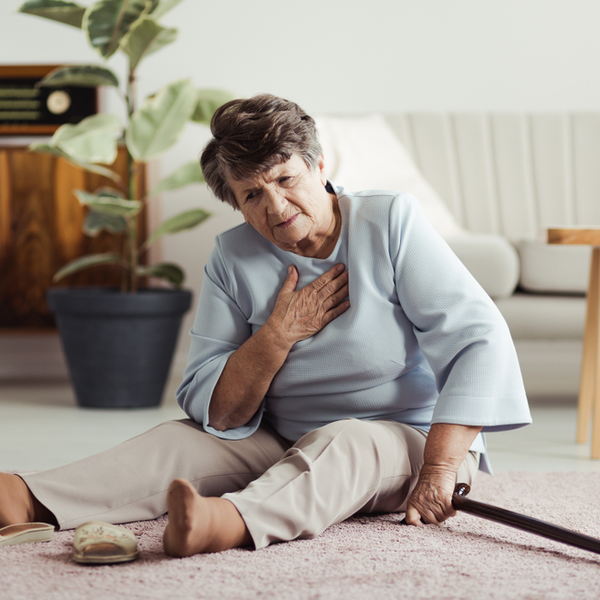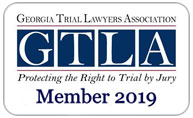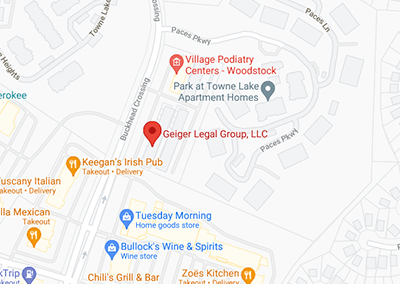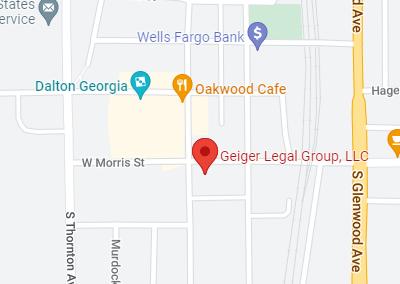Canton Nursing Home Falls Lawyer

Falls in Canton nursing homes happen for various reasons. Sometimes the nursing home resident may be off-balance due to sickness or because they are taking certain medications, other times cluttered or hazardous conditions may lead to a fall. Regardless of the reason a fall occurs, nursing homes and other long-term care facilities are responsible for taking care of their residents.
Federal law requires these types of facilities uphold a certain standard of care for residents, and that includes monitoring patients who may be at risk of falling and incorporating safety measures to prevent falls.
Common Reasons for Nursing Home Falls
Certain conditions make nursing home residents more susceptible to falls. These issues may be physical, drug induced, environmental, or procedural.
Some common causes of nursing home falls include, but are not limited to:
-
Physical risks
- Being overly medicated or prescribed the wrong medications.
- A diagnosis of certain diseases such as arthritis, dementia, Alzheimer’s, or Parkinson’s disease.
- Current or previous injuries such as broken bones or muscle strains.
- Muscle weakness
- Issues with balance and gait
- Low blood pressure
-
Environmental Hazards
- Spills
- Wet floors
- Poor lighting
- Incorrect bed or furniture height
- Improperly fitted or maintained medical equipment such as wheelchairs, lifts, or walkers
- Clutter
- Lack of railings
- Uneven rugs or floors
-
Procedural Hazards
- An understaffed facility
- Negligent hiring
- Overworked employees
- Lack of proper training
- Using incorrect or defective equipment
- Failing to implement proper procedures
Why are Falls so Dangerous for the Elderly?
According to the Centers for Disease Control and Prevention (CDC), one in four American seniors over the age of 65 fall each year. Falls can have a devastating effect for seniors.
Falls are common, costly, and preventable.
The CDC reports that one out of five falls causes serious injuries such as broken bones or head trauma for seniors. As people age, their bones become more brittle. Recovery from a serious injury can be more difficult and take longer than when they were younger.
Major injuries make it difficult for an elderly person to complete daily activities or live on their own. Like the snowball effect, a severe injury can make an elderly person more susceptible to other health issues or diseases. Unfortunately, advanced age, frailty and pre-existing medical conditions decrease the likelihood that an elderly person will fully recover from fall-related injuries.
Fall Prevention is Key
The best way to prevent falls is to minimize hazards before they can pose a threat to an aging loved one’s health. Nursing homes and other long-term care facilities should have protocols in place to help prevent falls. They should be providing residents with wheelchairs, walkers, or canes; using adequate equipment such as lifts to help move residents; keeping and monitoring resident files that list conditions and medications; and implementing procedures that address hazardous conditions such as spills, defective equipment, or clutter.
The most important thing you can do for your loved one is to visit them and observe them when possible. If COVID-19 restrictions make it difficult to visit them in person, set up a virtual call or contact them by phone. Ask them questions about how they’re doing and listen to their responses. Stay alert about potential fall hazards and when necessary, bring them to the attention of management.
Contact Our Nursing Home Abuse Lawyers Today!
If your loved one was seriously injured or died because they fell or were dropped at a nursing home, or you suspect they are suffering from abuse or neglect, please don’t hesitate to get the legal advice you need. Call the nursing home abuse lawyers at Geiger Legal Group, LLC today for a free case review. An experienced Canton elder abuse attorney can help you understand your rights, evaluate your case, and offer you sound legal advice. Call us today at (770) 343-5380 or fill out our free case review form here.
If you believe your loved one is in imminent danger, call 911.














